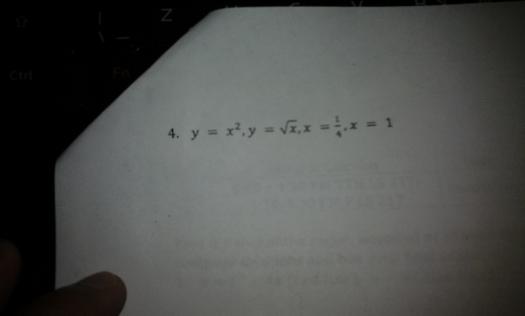Active forum topics
- Hydraulics: Rotating Vessel
- Inverse Trigo
- Application of Differential Equation: Newton's Law of Cooling
- Problems in progression
- General Solution of $y' = x \, \ln x$
- engineering economics: construct the cash flow diagram
- Eliminate the Arbitrary Constants
- Law of cosines
- Maxima and minima (trapezoidal gutter)
- Special products and factoring
New forum topics
- Hydraulics: Rotating Vessel
- Inverse Trigo
- Problems in progression
- General Solution of $y' = x \, \ln x$
- engineering economics: construct the cash flow diagram
- Integration of 4x^2/csc^3x√sinxcosx dx
- Maxima and minima (trapezoidal gutter)
- Special products and factoring
- Newton's Law of Cooling
- Find the roots of the quadratic equation by differentiation method
Recent comments
- Bakit po nagmultiply ng 3/4…4 weeks 1 day ago
- Determine the least depth…10 months 3 weeks ago
- Solve mo ang h manually…4 weeks 1 day ago
- Paano kinuha yung height na…11 months 1 week ago
- It's the unit conversion…11 months 2 weeks ago
- Refer to the figure below…11 months 1 week ago
- where do you get the sqrt414 weeks 1 day ago
- Thank you so much4 weeks ago
- How did you get the 2.8 mins…4 weeks ago
- How did you get the distance…4 weeks ago



Re: area of the region bounded
Re: area of the region bounded
Re: area of the region bounded
The equation $y = x^2$ is an upward parabola and the $y = \sqrt{x}$ is a rightward parabola. The two has vertex at the origin and they meet at point (1, 1). The required area is dotted region in the figure below:
The area of the rectangular element is y dx, and y is the difference between the top end and bottom end of the strip. In equation,
$dA = y \, dx = (y_U - y_L) \, dx$
You sum (integrate) it up and you're good to go.
Re: area of the region bounded
In reply to Re: area of the region bounded by Jhun Vert
Thank you po..